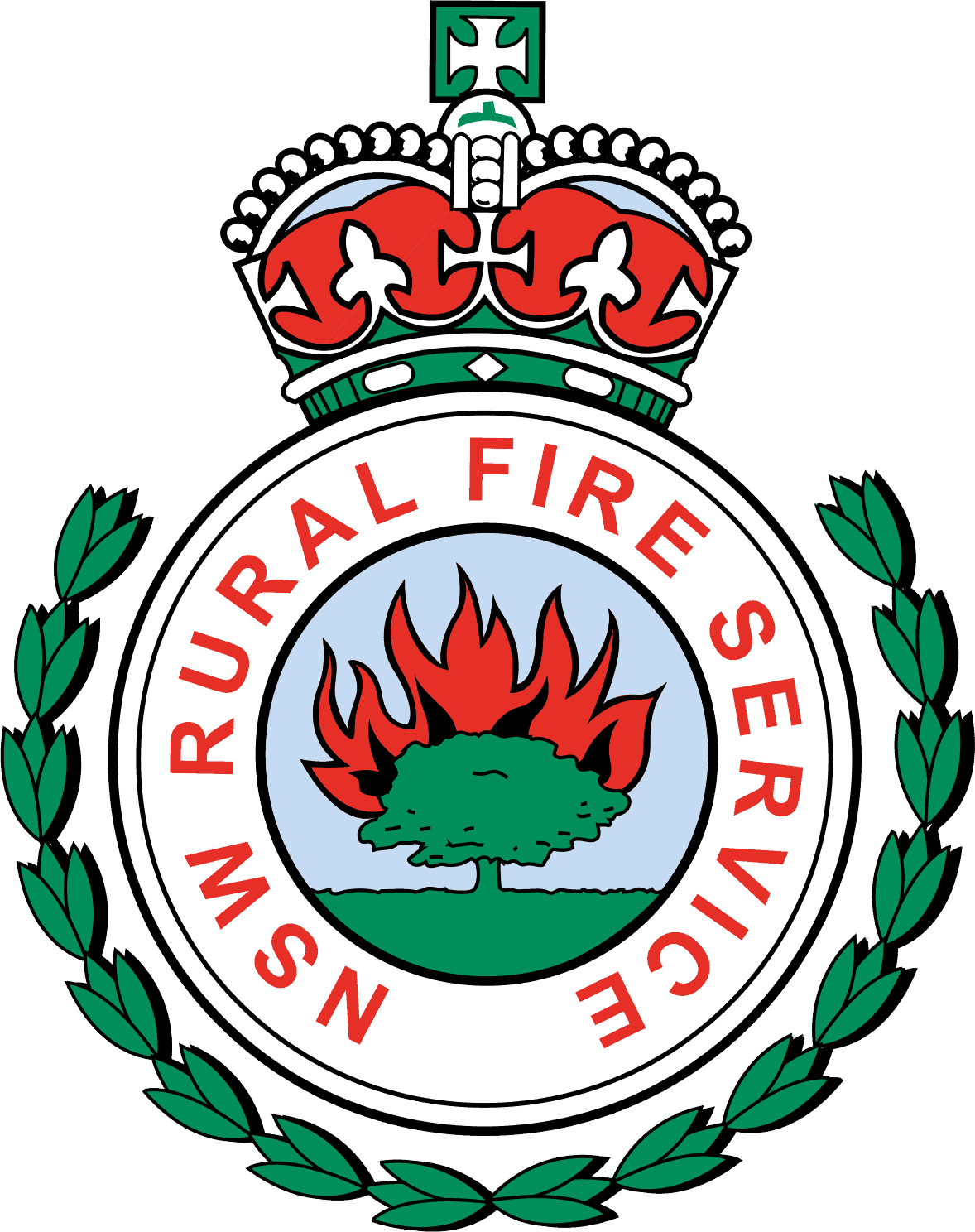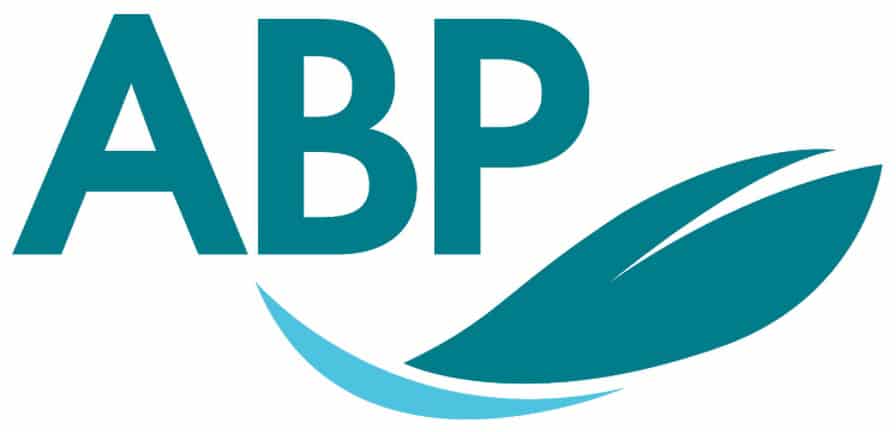Flame to Regime
Wildfire Research & Education
FLARE Wildfire Research group is one of Australia’s largest fire research groups. We are based in the School of Agriculture, Food and Ecosystem Sciences at The University of Melbourne. Our team of fire scientists have backgrounds in landscape ecology, forest science, combustion engineering, mathematical modelling, data analysis and computer programming. The diversity of research experience enables the team to answer the complex questions facing fire management agencies around the globe. We have an open, inclusive and collaborative approach to science and seek to work with the best and brightest minds in fire science.
Fire Lab
Our fire research laboratory enables us to conduct small to moderate scale combustion experiments
Meet the team
Our team of experts and students are passionate about advancing the science of fire to improve ecosystem and community health
Fire Software
We develop our own software to predict fire regimes and their impacts to solve complex problems
Working with governments, industry and researchers worldwide
We have strong working relationships with a range of national and international research partners including fire and land management agencies, institutions of higher learning, research centres and fire specialists. This helps build the scientific knowledge base that supports best practice fire management through experimental fire research and ensures our research has practical outcomes for fire management.
Our capabilities
The team works across five interrelated research capabilities – Fire Behaviour, Landscape Flammability, Ecosystem Interactions, Fire Risk Modelling, and Future Fire. These themes consider fire across multiple spatial and temporal scales, from a single flame to the patterns of fire regimes.
Fire Behaviour
Landscape Flammability
Ecosystem Interactions
Fire Risk Modelling
Future Fire
Education opportunities
Our team delivers a broad range of undergraduate, postgraduate and professional teaching, as well as the supervision of post-graduate researchers. Teaching provides us with the opportunity to engage with practicing fire planners and managers, as well as foster the next generation of fire professionals.





